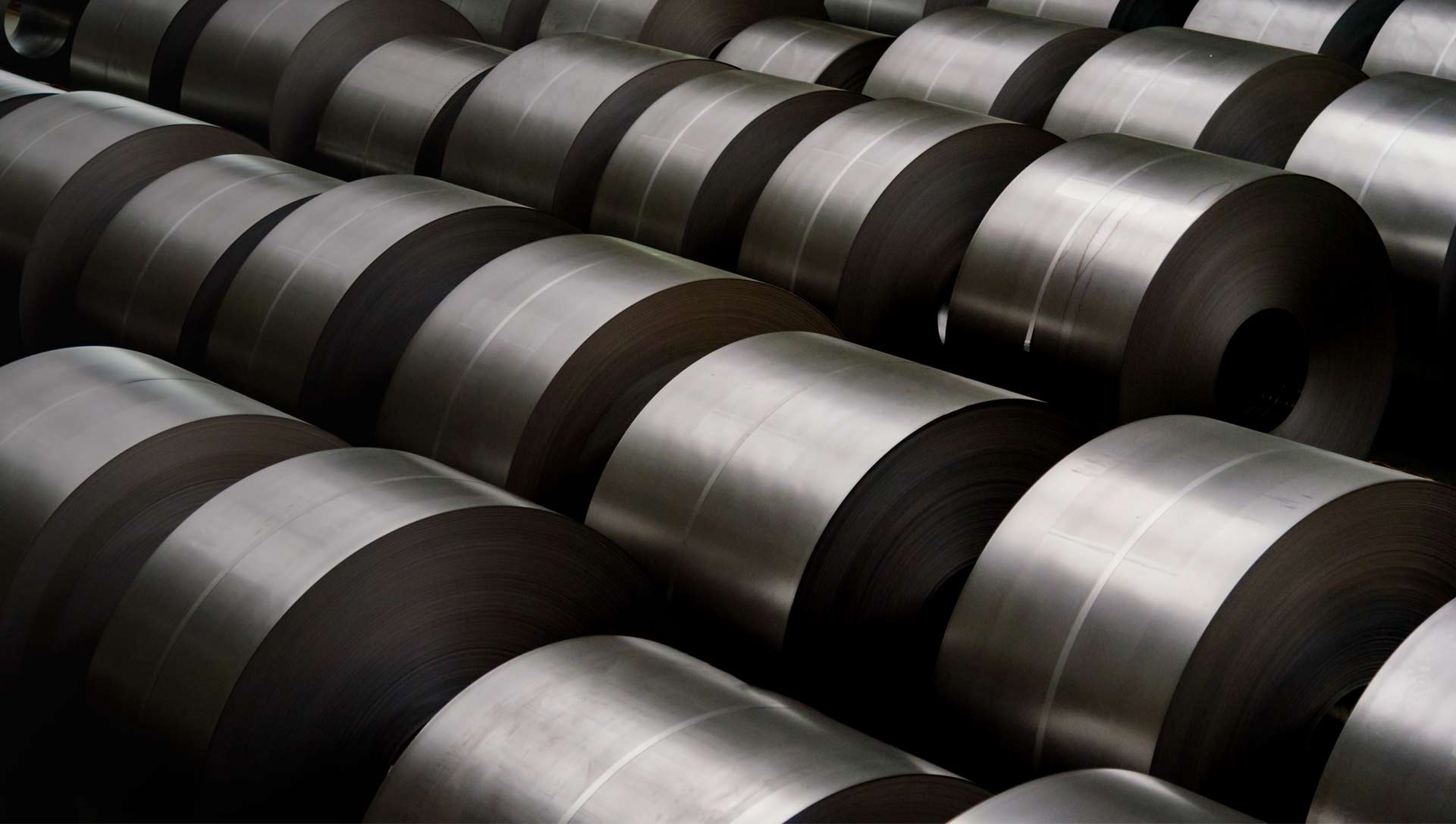The Rise of Additive Manufacturing in India: Transforming Industries with 3D Printing
Additive Manufacturing (AM), commonly known as 3D printing, has emerged as a ground breaking technology reshaping industries worldwide. In recent years, India has experienced a notable surge in adopting and utilizing additive manufacturing across various sectors, leading to a transformative shift in manufacturing processes and product development. This article delves into the burgeoning landscape of additive manufacturing in India, examining its applications, benefits, challenges, and future prospects. Moreover, with the additive manufacturing sector witnessing a robust 9.34% growth in the last year, it signals a renaissance of innovation that is reshaping production globally.
Applications Across Industries
- Aerospace and Défense
The aerospace and defense sectors in India are leveraging additive manufacturing for prototyping, producing lightweight components, and enhancing operational efficiency. AM enables the creation of complex aircraft parts with reduced material waste, leading to cost savings and improved performance.
- Healthcare
In healthcare, 3D printing is revolutionizing patient care by enabling the production of customized implants, prosthetics, surgical instruments, and anatomical models. This technology is facilitating personalized healthcare solutions, faster recovery times, and enhanced medical outcomes.
- Automotive
The automotive industry in India is incorporating additive manufacturing for rapid prototyping, tooling, and producing lightweight components. AM enables automotive companies to iterate designs quickly, reduce lead times, and enhance vehicle performance and fuel efficiency.
- Education and Research
Educational institutions and research organizations in India are using 3D printing for teaching, research, and innovation. AM provides hands-on learning experiences, facilitates the development of prototypes, and fosters creativity and experimentation among students and researchers.
- Consumer Goods
Additive manufacturing is also making its mark in the consumer goods sector, enabling the production of customized products, jewellery, fashion accessories, and home décor items. This customization capability enhances consumer engagement and satisfaction while reducing inventory costs for businesses.
In the realm of additive manufacturing, Metal Additive Manufacturing, 3D Concrete Printing, and Manufacturing 3D Printing stand out as the top three trends, each demonstrating remarkable growth and innovation.
- Metal Additive Manufacturing leads the pack with an impressive annual growth rate of 38.14%. This sector encompasses 516 companies and boasts over 26,000 employees, with an addition of 2,300 new hires recorded last year.
- Following closely is 3D Concrete Printing, showing a robust growth rate of 32.01%. It involves 143 companies and employs 6,100 individuals, with an increase of over 540 new employees.
- Manufacturing 3D Printing, comprising 1,629 companies and employing 54,000 individuals, showcases a solid growth rate of 10.78%. This sector also saw the addition of 4,700 new employees in the last year.
These trends underscore the rapid evolution of the industry, fueled by technological advancements and a growing demand for expertise across diverse sectors.
Advantages of Additive Manufacturing
- Design Flexibility: AM allows for complex geometries and customized designs that are challenging or impossible to achieve with traditional manufacturing methods.
- Rapid Prototyping: 3D printing enables rapid iteration and prototyping, reducing time-to-market for new products and innovations.
- Cost Efficiency: While initial investments in AM technology can be significant, the overall cost of production can be lower due to reduced material waste and streamlined processes.
- On-Demand Manufacturing: AM facilitates on-demand production, eliminating the need for large inventories and enabling efficient supply chain management.
- Sustainability: Additive manufacturing can contribute to sustainability efforts by minimizing material waste, energy consumption, and transportation emissions.
Challenges and Future Outlook
Despite its numerous benefits, additive manufacturing in India faces challenges such as high initial costs, limited availability of skilled professionals, regulatory hurdles, and material limitations. However, ongoing advancements in AM technologies, increased awareness, collaborations between industry and academia, and government initiatives like the National Additive Manufacturing Innovation Mission (NAMIM) are driving the growth of additive manufacturing in India.
The future outlook for additive manufacturing in India is promising, with projections indicating substantial growth across industries. Key areas of focus include enhancing material capabilities, developing robust supply chains, expanding AM infrastructure, fostering talent development, and promoting research and innovation.
Conclusion
The rise of additive manufacturing in India is transforming industries by offering unparalleled design freedom, cost efficiency, rapid prototyping, and customization capabilities. As this technology continues to evolve and gain traction, it is poised to revolutionize manufacturing processes, spur innovation, and contribute significantly to India’s economic growth and competitiveness on the global stage. Embracing additive manufacturing represents a strategic imperative for Indian industries to stay at the forefront of technological advancements and drive sustainable development in the years to come.
Isler India boasts a robust manufacturing ecosystem for metals, electronics, electricals, oil & gas, and other sectors. Equipped with updated in-house manufacturing technologies and capabilities to meet international quality standards, we ensure an on-time manufacturing process. Furthermore, Isler India provides end-to-end transparency through our AI/ML Supply Network Control Tower.
If you’re looking for reliable manufacturing solutions with top-notch quality and transparency, Isler India is your go-to partner. Share your RFQ here.
Author:
Chirag Kakkar, Co-Founder & COO of Isler India, is a visionary leader dedicated to driving innovation and operational excellence. Leading a dynamic team, he focuses on empowering businesses and elevating the manufacturing industry through cutting-edge technologies and pioneering approaches. Committed to making a significant impact, Chirag is at the forefront of shaping the future of industry with strategic leadership and a passion for excellence.

Post a comment